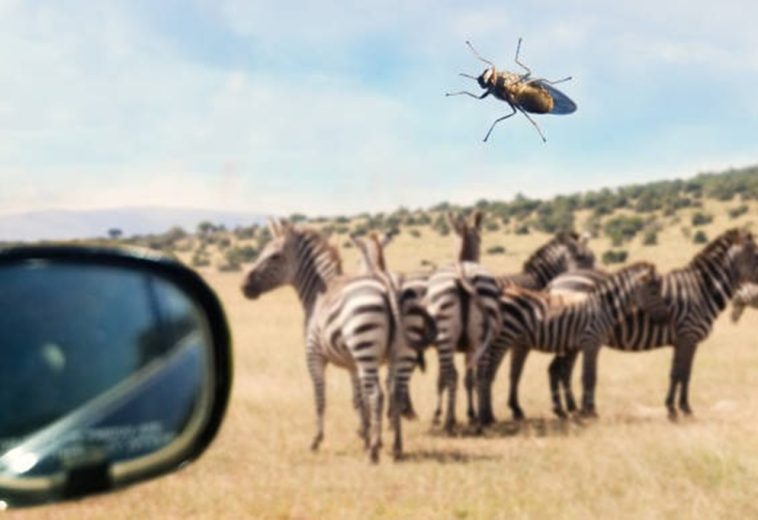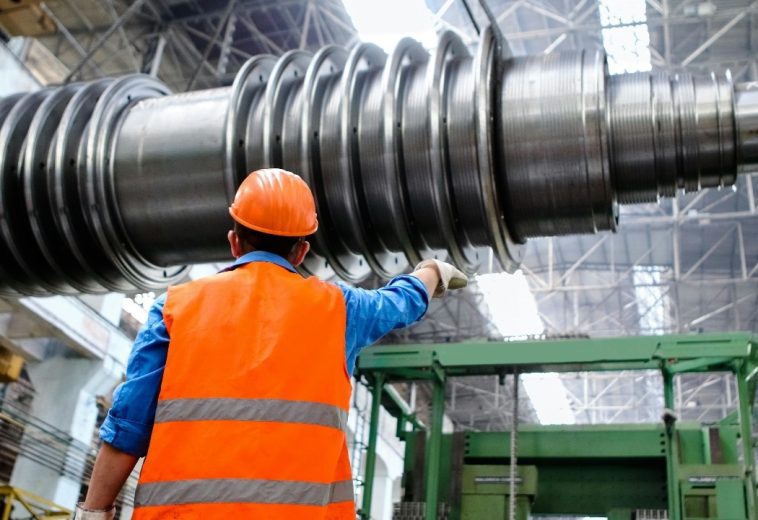Africa’s partnership with Gulf nations in the mineral sector is one of the most significant intersections of commerce and strategy in recent history. It holds immense potential for economic transformation while posing challenges that require careful management. With global demand for critical minerals at an unprecedented high, the stakes of this partnership are equally significant for both regions.
Over the past decade, trade between the UAE and sub-Saharan Africa has increased by over 30%, while trade between Saudi Arabia and sub-Saharan Africa has grown to twelve times its value from ten years ago. Data from the Observatory of Economic Complexity (OEC) reveals that in 2022, exports from the six GCC nations to Africa amounted to approximately $169 billion, representing 15% of the global trade value of $1.08 trillion.
READ ALSO: The Gulf of Aden’s Security Situation: Impact on Global Trade
In early 2024, Nigerian President Bola Tinubu, Rwandan President Paul Kagame, and over 35 African ministers attended the Special Meeting on Global Collaboration, Growth, and Energy for Development in Riyadh.
A Billion-Dollar Nexus
The relationship between Africa and the Gulf states has deep historical roots, shaped by shared trade routes and cultural exchanges. Historically, Gulf investments in Africa centred on agriculture and oil. However, as the global energy landscape shifts towards sustainability, Gulf nations have expanded their focus to critical minerals such as cobalt, lithium, and rare earth elements—essential for renewable energy and technological advancements.
In the last decade, GCC countries have collectively invested over $100 billion in Africa. The UAE accounts for $59.4 billion of this, while Saudi Arabia and Qatar have invested $25.6 billion and $7.2 billion, respectively. During this period, the UAE emerged as the fourth-largest foreign direct investor in Africa, trailing only China, the EU, and the United States.
This investment surge aligns with economic diversification initiatives such as Saudi Arabia’s Vision 2030 and the UAE’s National Energy Strategy. For example, in March 2024, International Holding Company, an Emirati firm, acquired a 51% stake in Zambia’s Mopani Copper Mines. Similarly, Saudi Arabia signed agreements with four African countries to explore mining partnerships, and Qatar Airways invested $1.3 billion in Rwanda’s aviation sector, acquiring a 49% stake in RwandAir and a 60% stake in Bugesera International Airport.
Countries like Zambia, Mozambique, and the Democratic Republic of Congo (DRC) are poised to benefit significantly, given their abundant mineral reserves. Meanwhile, Gulf states secure access to raw materials critical to diversifying their economies.
Why It Matters: Africa’s Stakes
Gulf investments present Africa with numerous opportunities, including infrastructure development and economic diversification. UAE-backed projects, such as copper recovery facilities in Zambia and oil storage plants in Tanzania, exemplify these benefits. Such initiatives are crucial for addressing Africa’s $150 billion infrastructure funding gap, as highlighted by the Africa Finance Corporation.
Yet, foreign direct investment (FDI) inflows to Africa have declined recently, dropping from $80 billion in 2021 to $45 billion in 2022, according to UNCTAD’s World Investment Report. Simultaneously, Chinese investments in Africa have diminished due to economic challenges and a pivot towards sustainable development, with new loan commitments in 2022 totalling just $995.5 million compared to a peak of $28.5 billion in 2016.
Mining activities driven by Gulf investments also contribute to job creation. However, risks such as resource exploitation, environmental degradation, and unequal revenue distribution raise concerns about the long-term benefits of these collaborations for African economies.
Why It Matters: Gulf Interests
The Gulf states’ interest in Africa stems from strategic imperatives. Africa’s mineral wealth is critical to the Gulf’s renewable energy ambitions and enhances energy security. Furthermore, partnerships with Africa align with the Gulf’s economic diversification goals, reducing reliance on oil. These engagements also bolster geopolitical influence by countering growing competition from China and the West.
Should Ties Continue?
The Africa Continental Free Trade Area (AfCFTA) is expected to strengthen these partnerships by providing GCC companies with access to a larger, integrated African market. Launched in 2021, the AfCFTA aims to create a single market that could grow to encompass 1.7 billion people and $6.7 trillion in consumer and business spending by 2030.
The World Economic Forum’s 2022 launch of the Friends of the AfCFTA initiative seeks to mobilise the private sector to implement the agreement. GCC companies, including DP World, have actively participated. DP World’s $80 million investment in a logistics park in Sokhna, Egypt, and its 30-year contract to upgrade Tanzania’s Dar es Salaam port illustrate the Gulf’s commitment to enhancing African trade infrastructure.
If these partnerships endure, Africa’s mining sector could experience exponential growth, with Gulf investments potentially surpassing $50 billion by 2040. To achieve these outcomes sustainably, African nations must renegotiate terms prioritising local development, equitable revenue sharing, and environmental responsibility.
Additionally, Gulf-based firms such as Agility are working to facilitate FDI and improve investor confidence by collaborating with local logistics providers, thus easing entry into the African market.
A Balancing Act
The Africa-Gulf partnership in the mineral sector offers significant opportunities and challenges. While the Gulf states stand to benefit from Africa’s resources, ensuring mutual gains is essential. Transparency, ethical practices, and mutual accountability will determine whether this partnership ultimately proves a boon or bane for Africa.
As global economic landscapes evolve, the Africa-GCC partnership is poised to deepen. Marked by increased investments, trade, and joint ventures, this collaboration could foster economic resilience and growth—provided it is managed judiciously and equitably.




